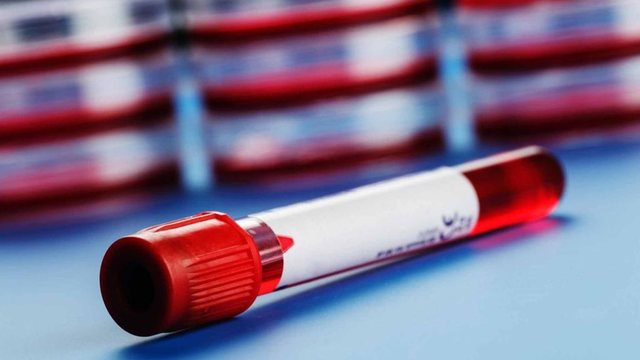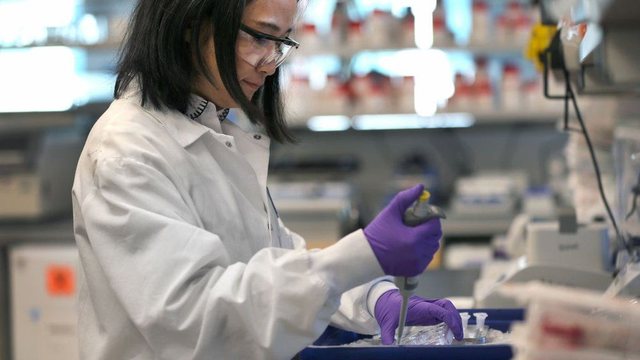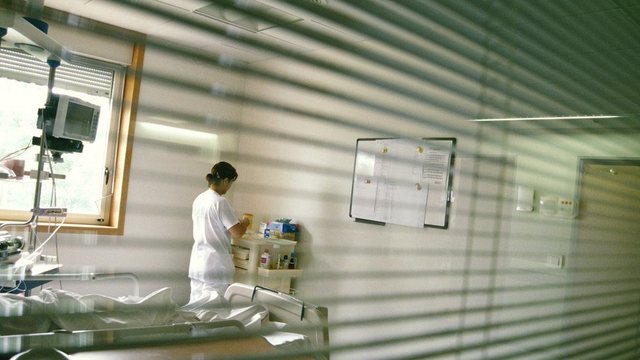
Scientists in the UK will begin testing a treatment that is hoped to counteract the effects of Covid-19 in patients with more serious illnesses.
It has been found that those with more severe disease have an extremely low number of immune cells called T cells.
T cells clear the infection from the body. The clinical trial will assess whether a drug called â??interleukin 7â??, known to increase the number of T cells, can help cure patients.
It includes scientists from the Francis Crick Institute, King's College London and Guy and St. Thomas'.

They monitored the immune cells in the blood of 60 Covid-19 patients and found a noticeable collision in the number of T cells.
Prof. Adrian Hayday of the Cricket Institute said it was a "big surprise" to see what was happening to immune cells.
"They are trying to protect us, but the virus seems to be doing something to attract the infection, because their numbers have dropped dramatically.
In a blood count of 0.001ml, normal healthy adults have between 2,000 and 4,000 T cells, also called T. lymphocytes.
Covid patients that the team tested had between 200-1,200 T. cells.
'Extremely encouraging'
The researchers say these findings pave the way for a "fingerprint test" to be performed to check the levels of T cells in the blood, which may provide early indications as to who may develop more serious diseases.

But it also provides an opportunity for a specific treatment to stop the decline in the number of immune cells.
'Interleukin 7' has already been tested in a small group of patients with sepsis and has been shown to safely increase the production of these specific cells.





